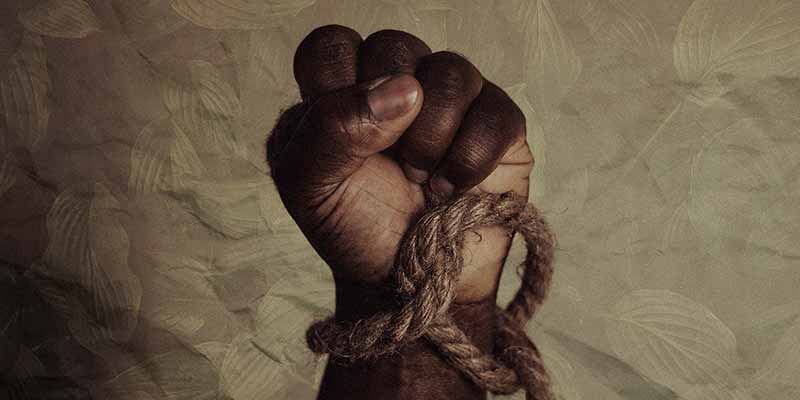Madagascar: Help me make a difference!
Help me make a difference!
First published in the Bridge Magazine June 2018
Madagascar is one of the world’s poorest countries: 70% of the population live on less than $1 a day – not quite the image we get of Madagascar from the movie!
The Good News Project in the town of Mandritsara, in Northern Madagascar is a charity hospital, a school, radio station and nursing school. For the last seven years, my Godmother has been a Missionary Optometrist at the hospital in Mandritsara. She is vital to the work they do and incredibly involved in lots of different aspects of the project, including the childrens work they do at the local church. Through my godmother, I have been invited to join the hospital’s Family Support Team for part of this summer, which I am immensely excited about.

Before starting university in Autumn 2018, I am eager to explore Christian mission and service in a Third World setting, and am excited about the opportunity to make a difference in a very needy part of the world, so on July 12th, I’ll be flying to join the team there for a month, to help them in a variety of ways:
- Helping my Godmother teaching at a Saturday kids club run by a local church, and in the creche at a church plant in the village adjacent to the hospital.
- Putting my drama A-level to work – leading drama workshops with some of the children.
- Assisting with a school sight-screening programme. Madagascar has the second highest incidence of cataracts in the world and in 2014 my Godmother began a programme ensuring that all children starting school in Mandritsara have their vision screened.
- Occasionally the Eye-Team travel to extremely remote locations in Madagascar to perform outreach clinics (cataracts again). If the opportunity arises, I would hope to be able to serve on one of these trips.
- Educational support for five children of missionary doctors at the hospital (aged 18 months to 12 years), encouraging them with their education, especially reading.

To fund the trip I’ve been working part-time as a lifeguard all through my final year at school. Family members have offered to help too, but my costs aren’t quite covered yet – and to help plug the gap on 23 June I’m doing a sponsored walk along the length of the Malvern Hills. If you’d like to sponsor me please get in touch with me via my mother, Carol Unwin (carolunwin@gmail.com) or by post at Rose Bay, Tunnel Hill, Upton upon Severn, WR8 0QL. Or you can give directly via my Justgiving page.
I know some of you won’t be in a position to help financially, but I’d also really value your prayer support as I travel. It’s my first long trip alone – and straight into a malaria area! Please also pray for the hospital and the amazing work it’s doing in Mandritsara. Their website is full of useful information. The work they do is life changing.
This will be such a good opportunity for me to expand upon my knowledge of different cultures and also help those who need it most. I am thoroughly excited for this chance and hope that you will all pray for me whilst I am out there.
Many thanks for your support and I shall of course write another article for the Bridge after my trip to let you know how I got on!
Isobel Unwin






